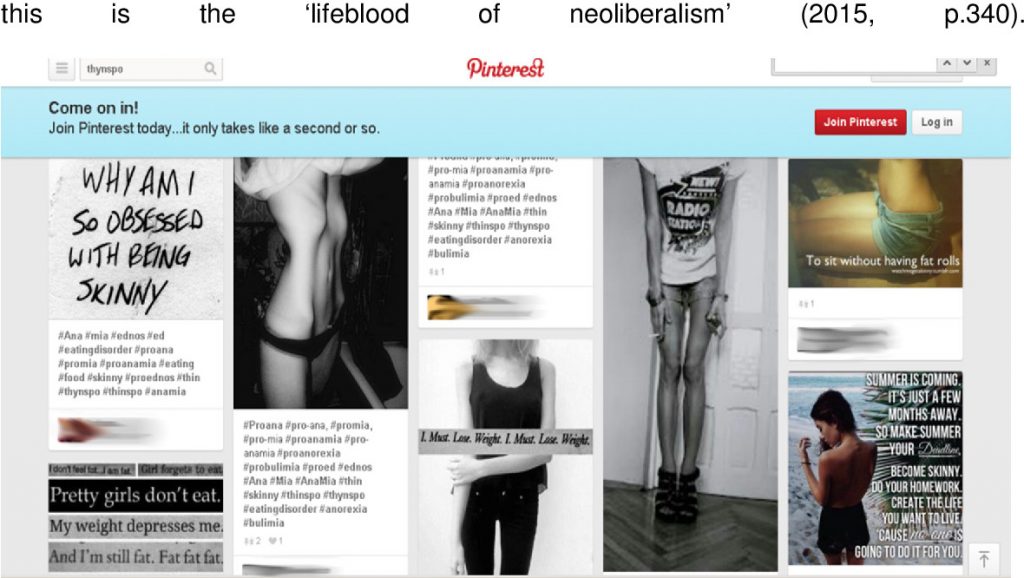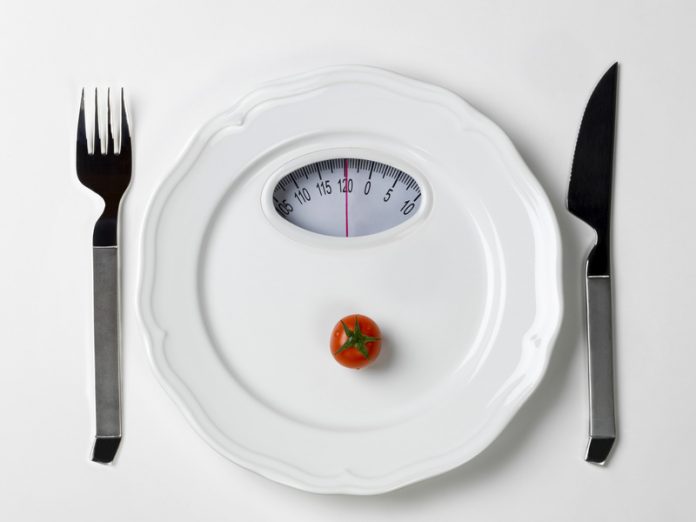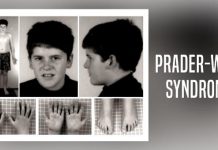In recent years there has been much talk in the media about “pro-anorexia” or “pro-ana.” Some particularly triggering websites have been banned and the dangers examined in terms of seeing eating disorders as lifestyle choices as opposed to what they really are – life-threatening, mental health disorders.
Key areas to be explored in this article are listed below.
- What is Pro-Anorexia?
- Pro-Anorexia Websites
- Potential Dangers
What is Pro-Anorexia?

Pro-anorexia, or pro-ana as it is often referred to, is primarily all about seeing eating disorders as a personal or lifestyle choice as opposed to an illness. In essence it is basically exactly the opposite of pro-recovery, as while recovery focuses on getting well and leaving the illness behind, pro-anorexia focuses on holding on the the illness and strategies for maintaining the status quo.
Pro-Anorexia Websites

The problem with the internet is it is very easy to accidentally click on a site and before you know it you are bombarded with unhelpful and potentially damaging triggers. While some pro-anorexia websites have warning on their homepage or before you enter the site there are many without such warnings.
Both pro-ana (pro-anorexia) and pro-mia (pro-bulimia) sites are increasingly more common and provide a great deal of misleading, false and potentially very dangerous information and suggestions.
These websites offer “thinspiration” (doctored skeletal images) to help keep their members on the deadly eating disorder path. Fasting or severe restriction diets are recommended and various ‘”tips” on how to avoid meals and best ways to purge, fool health professionals and appear well.
What are the Potential Dangers?
Clearly, viewing eating disorders as something positive or indeed a lifestyle choice is saying to sufferers that it’s not that serious and isn’t a proper illness requiring medical and psychological treatment. The thinspiration will definitely serve to keep the anorexia cycle going especially in relation to negative, distorted body image. Alarmingly, recent research claims that teenagers using the internet for eating disorder information are more likely to be hospitalised than those who don’t use this approach.
The tips on purging techniques, laxative abuse, fasting or restriction meal plans as well as messages encouraging sufferers to stay ill are all potentially extremely damaging to an individual’s mental, emotional and physical health and well-being. Also the false sense of camaraderie on such sites and wearing ed bracelets can be particularly appealing to young people and give them a false sense of community and security.


















